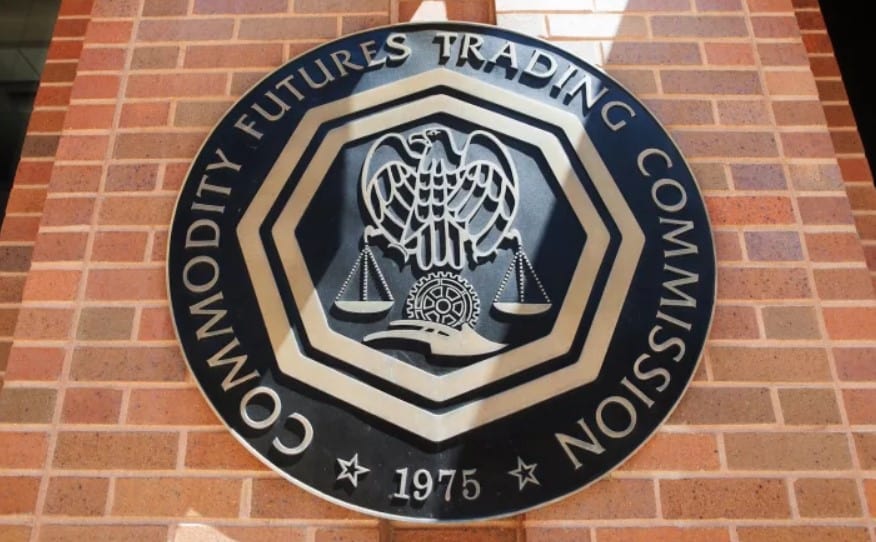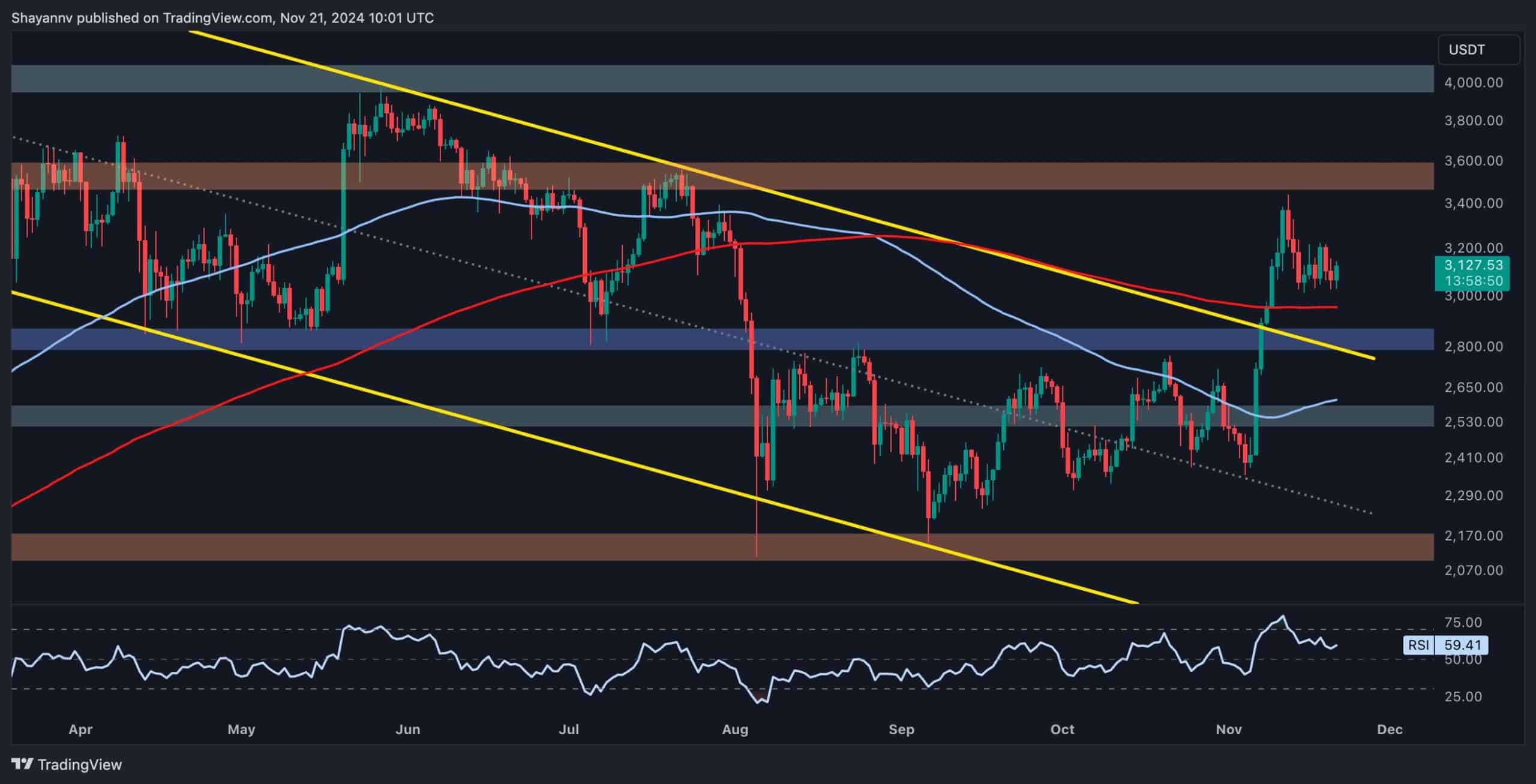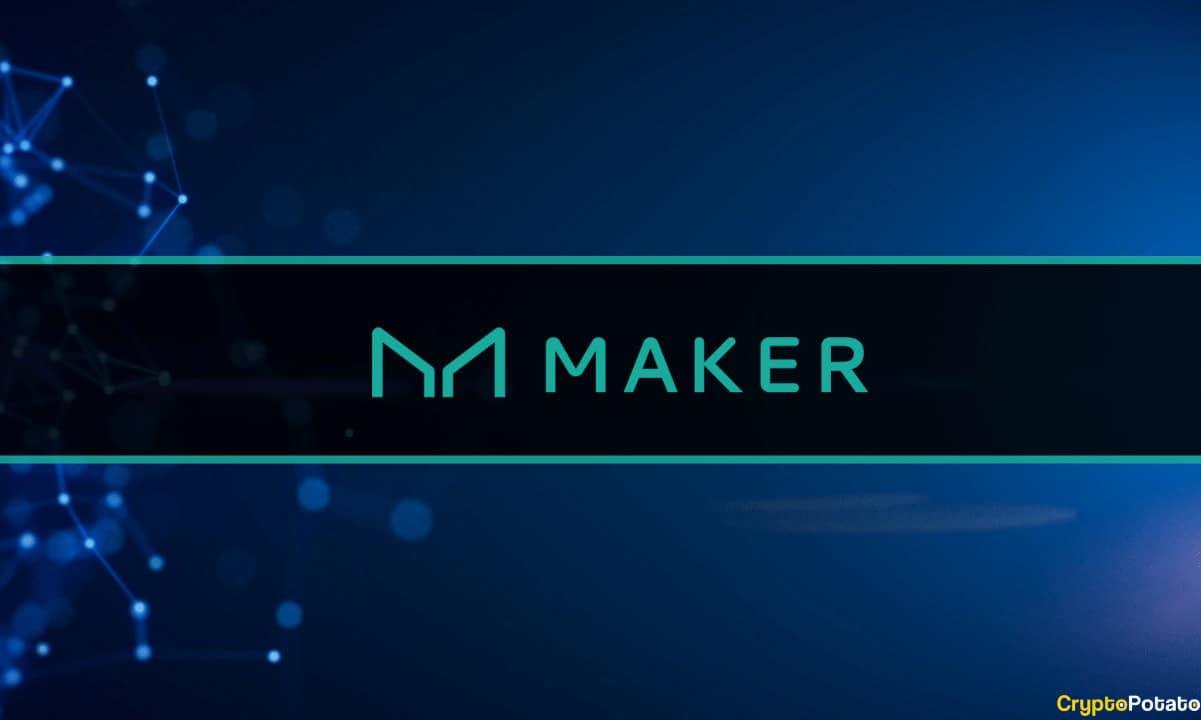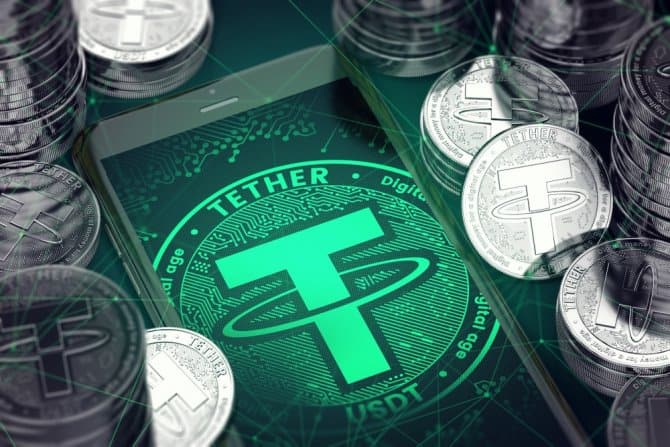Digital Colletible Platforms in China Grow Exponentially Amid Government Warnings
Despite being known for its anti-crypto stance, China has not banned NFTs yet. Meanwhile, a noticeable interest in “digital collectibles” have recently surged in the country amid the government warning people not to trade any forms of digital assets.
Digital Collectibles Rise in Popularity
After the all-sweeping crypto ban in 2021, it’s no secret anymore that China has no intention to include cryptocurrency within its monetary system. However, the second-largest economy has not yet laid out a specific set of regulations or bans targetting Non-Fungible-Tokens (NFTs), closely associated with native tokens of layer-one blockchains like ETH and SOL.
According to a report by Huaxia Times, a state-owned newspaper, there are over 500 platforms that offer services in trading digital collectibles in the country, up from roughly 100 such platforms in February this year.
The press attributed the reckless growth in the space to the relative lack of regulations, stating that many secondary markets are operating as a speculative scheme. The report claimed that many collectibles circulating on the secondary markets are “low-quality,” so the markets could easily collapse once the regulatory oversight is clarified.
It’s worth noting that the digital collectibles circulating in China do not tie to cryptocurrencies as NFTs do. Instead, the country tends to approach the sphere on its own terms.
Despite the harsh stance against bitcoin and other tokens, the nation has shown immense interest in exploring the underlying technology of cryptocurrency – blockchain. As reported by CryptoPotato earlier this year, the country’s Blockchain Service Network (BSN) intends to develop a new infrastructure that will allow users to deploy non-fungible tokens.
Due to a lack of regulatory supervision, individuals and businesses tried to engage with digital collectibles cautiously since the country’s super app WeChat has banned several accounts related to trading digital collectibles on the platform. The Tencent-owned App only allowed displaying such collectibles as digital gifts or arts, stating no tolerance for trading them.
Tech Giants’ Approaches
After Chinese authorities warned against purchasing the collectibles with a speculative purpose, many tech giants avoided directly using the word “NFTs” when describing such digital assets.
Alibaba-owned Ant Group and Tencent Holdings have branded their listed NFTs as “digital collectibles,” both offered on private blockchains. Interestingly, they are priced in the country’s legal tender, Yuan, rather than any cryptocurrency.
Additionally, Alibaba Cloud has recently launched new services for NFT platforms based outside of China. Considering that NFTs are still a gray zone in the country, the firm tweeted the announcement on the 8th of June but soon deleted it from its page. However, there is no indication that such a move came from direct pressure from the Chinese government.









